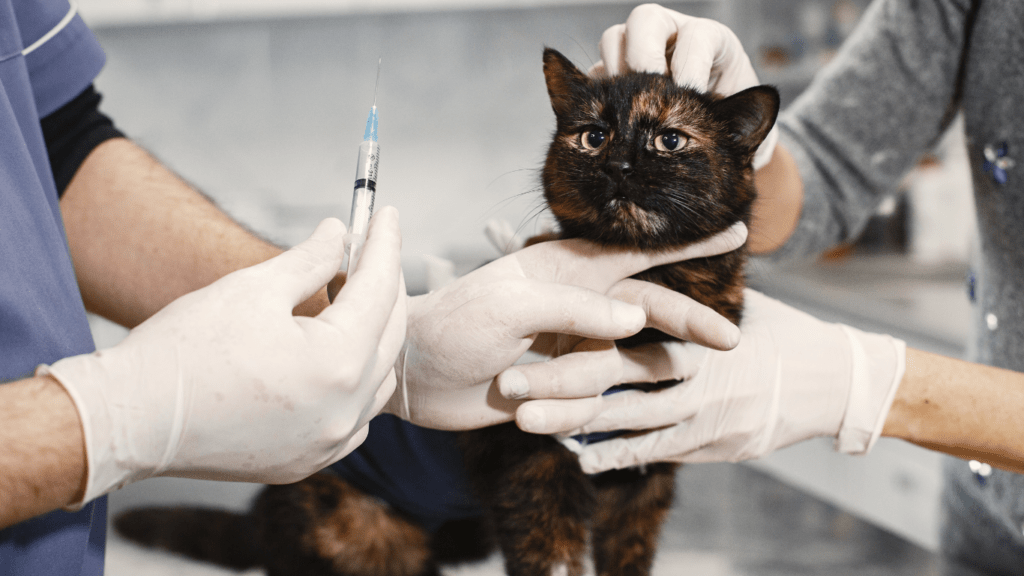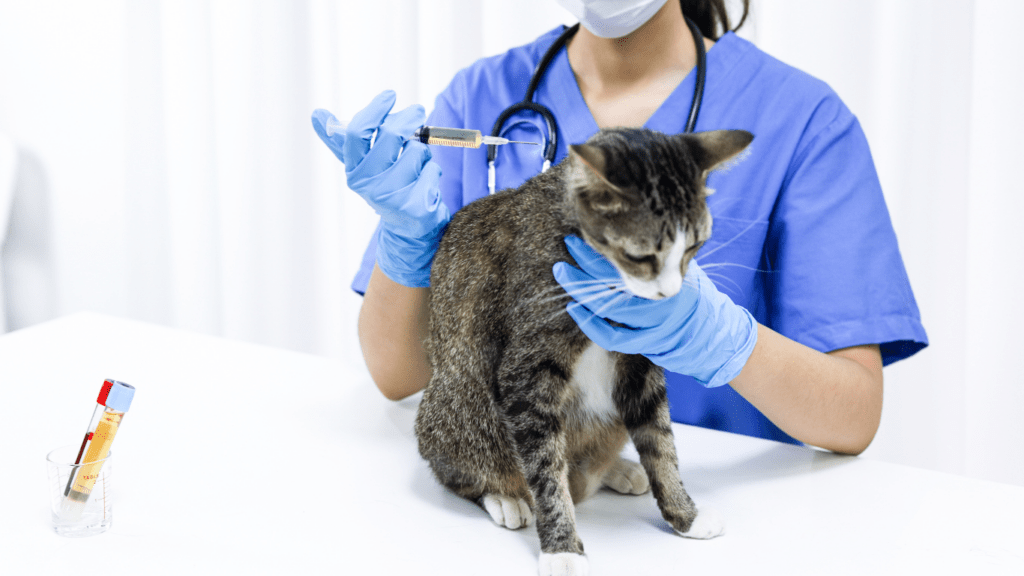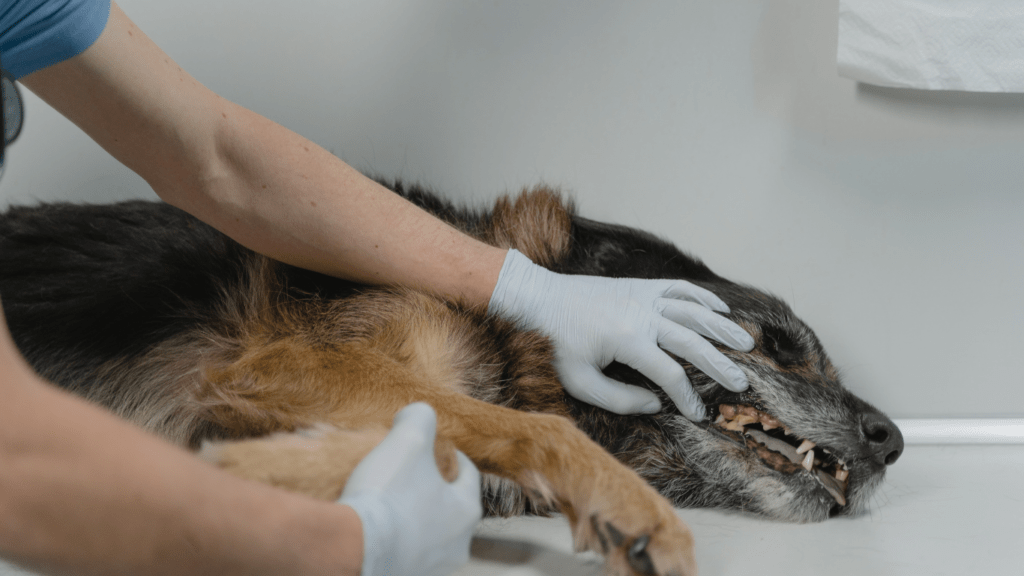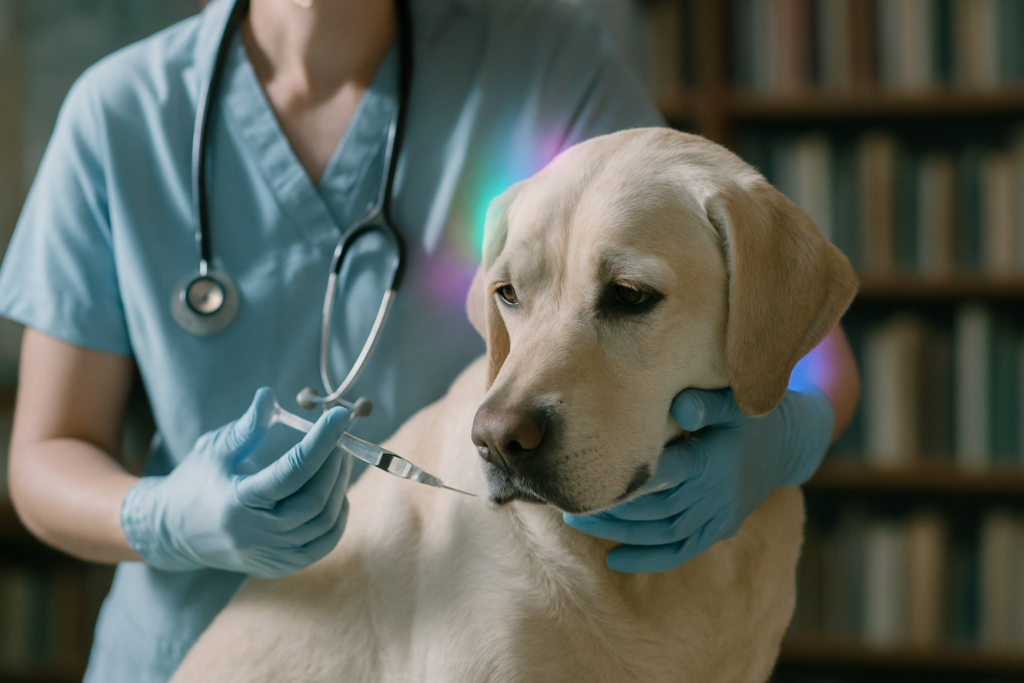As a pet owner, ensuring the well-being of our furry companions is a top priority. When it comes to managing their health, understanding the ins and outs of pet medications is crucial. In this guide, I’ll walk you through the dos and don’ts of navigating pet medications to help you make informed decisions for your beloved pets.
From administering the right dosage to recognizing potential side effects, knowing how to handle pet medications can make a significant difference in your pet’s health and happiness. With a few simple guidelines and best practices, you can confidently navigate the world of pet medications and provide the best care possible for your four-legged friends. Let’s delve into the essential dos and don’ts to ensure your pet’s medication journey is smooth and effective.
Understanding Pet Medications
Navigating the world of pet medications can be overwhelming, but it’s crucial for the well-being of our furry friends. As a pet owner, I know the importance of understanding how medications work and the dos and don’ts involved. It’s essential to be well-informed to ensure that your pet receives the right treatment.
Here are some key points to help you better understand pet medications:
- Dosage: Understanding the correct dosage is vital when giving your pet medications. It’s crucial to follow the veterinarian’s instructions carefully and not exceed or skip doses. Giving the right amount at the right time ensures that the medication is effective without causing harm.
- Administration: Proper administration is also crucial. Whether it’s pills, liquids, or injections, make sure to administer the medication as prescribed. If you’re unsure about the correct technique, don’t hesitate to ask your vet for a demonstration.
- Storage: Storing pet medications correctly is often overlooked but is essential for maintaining their effectiveness. Keep medications in a cool, dry place away from sunlight, and always check the expiration date before giving any medication to your pet.
- Side Effects: Pay close attention to any side effects your pet may experience while on medication. Common side effects can include lethargy, loss of appetite, or digestive issues. If you notice any unusual symptoms, contact your veterinarian immediately.
By understanding these essential aspects of pet medications, you’ll be better equipped to care for your pet’s health and well-being. Always consult your veterinarian if you have any concerns or questions about your pet’s medications. Your furry companion’s health is worth the extra effort of learning and following the dos and don’ts of pet medication.
Dos and Don’ts when Administering Pet Medications
Dos:
- Ensure prescription medications are given exactly as directed by the veterinarian to maintain the effectiveness of the treatment.
- Administer medications with food if instructed by the vet to prevent stomach irritation or other potential side effects.
- Keep a medication journal to track dosages, administration times, and any observed side effects for effective monitoring.
- Store medications securely out of reach of pets and children in a cool, dry place as per the labeled instructions to maintain potency and safety.
- Do not skip doses or adjust medication amounts without consulting the veterinarian as it can lead to ineffective treatment or adverse reactions.
- Avoid administering human medications to pets without veterinary approval; certain substances can be toxic to animals.
- Do not crush or split medications unless advised by the vet; altering the form can affect the drug’s release rate or potency.
Common Mistakes to Avoid with Pet Medications
When it comes to pet medications, avoiding common mistakes is crucial for your furry friend’s health. Here are some key points to keep in mind:
- Skipping Doses: Skipping doses of your pet’s medication can have serious consequences. It’s essential to adhere to the prescribed schedule to maintain the medication’s effectiveness.
- Adjusting Dosages Without Consulting a Vet: Changing the dosage of your pet’s medication without professional guidance can be harmful. Always consult your veterinarian before making any adjustments.
- Giving Human Medications Without Approval: Human medications can be toxic to pets, even in small doses. Never administer medications meant for humans to your pet without your vet’s approval.
- Altering Medication Forms Without Veterinary Advice: Modifying the form of your pet’s medication can impact its absorption and efficacy. Always consult your vet before altering the form of any medication.
By avoiding these common mistakes, you can ensure that your pet receives the proper care and treatment they need. Consult with your veterinarian for any concerns or questions regarding your pet’s medications.
Importance of Properly Managing Pet Medications for Pets
Understanding the significance of properly managing pet medications is crucial for the well-being of our beloved animals. Ensuring that pets receive the correct dosage, monitoring for any adverse reactions, and adhering to medication guidelines are paramount in maintaining their health. It is essential to be diligent in dosing accuracy, follow correct administration methods, store medications safely, and be vigilant in observing for any potential side effects.
Administering the correct dosage to pets is essential for their treatment efficacy and safety. Without accurate dosing, the intended therapeutic benefits may not be achieved, or there could be harmful consequences for the animal. Therefore, it’s vital to measure and administer medications precisely according to the veterinarian’s instructions.
Proper administration techniques play a significant role in the effectiveness of pet medications. Whether it’s giving oral medications, applying topical treatments, or administering injections, following the proper procedure ensures that the medications are delivered correctly and absorbed as intended, maximizing their benefits for the pet.
Storage considerations for pet medications are crucial to maintaining their potency and safety. Medications should be stored in a cool, dry place away from direct sunlight and out of reach of pets and children. Improper storage can lead to medication degradation or accidental ingestion, which may pose risks to the pet’s health.
Monitoring pets for any side effects from medications is essential to detect any adverse reactions promptly. Some medications may cause allergic reactions, gastrointestinal issues, or other adverse effects that need immediate attention. Being vigilant for any changes in behavior or health after starting a new medication helps in ensuring the pet’s well-being.
By understanding and implementing these best practices in managing pet medications, pet owners can contribute significantly to their pets’ health and quality of life. Adhering to prescription instructions, tracking dosages accurately, and seeking veterinary advice for any concerns are vital steps in providing proper care for our furry companions. Consultation with a veterinarian regarding pet medications is highly recommended to address any specific needs or issues related to your pet’s treatment regimen.




